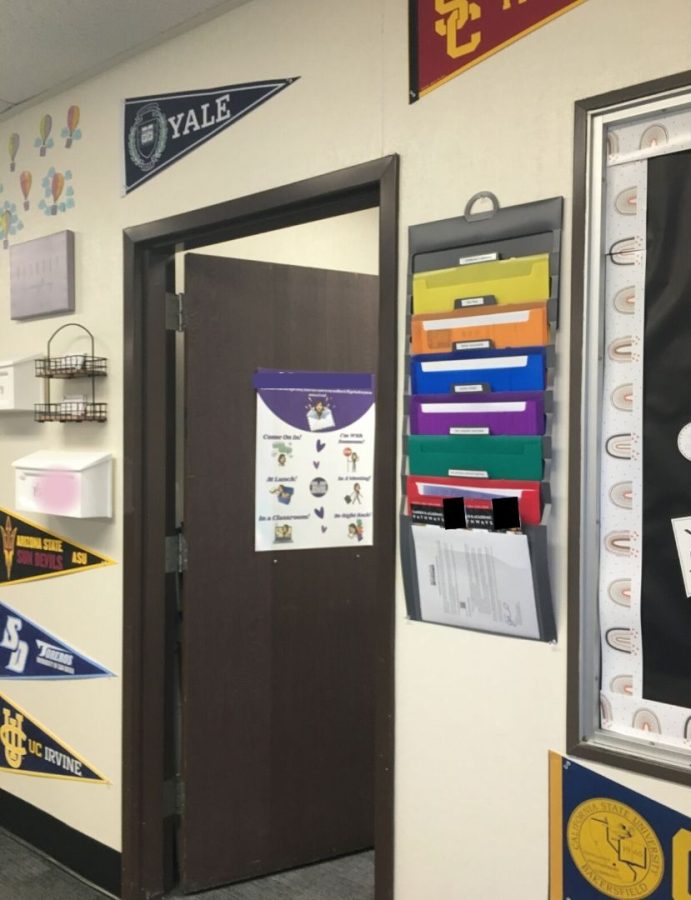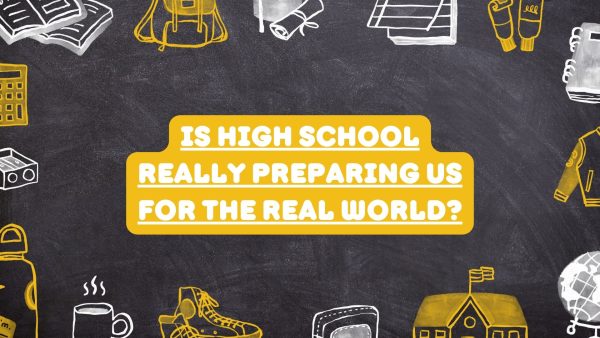The impact mandatory reporters hold on students
In 2019, around 21 percent of child maltreatment reports came from educational personnel.
One out of every 10 families in the U.S. is affected by a mandated reporting each year. The mandated reporting law was passed in 1963 in the state of California. When it initially began, the law mandate only applied to physicians, and it was not until later years that the laws applied to numerous different professions.
According to the California Department of Education, under the law, the mandated reporter is required to report reasonable suspicion of a child being a victim of child abuse or neglect. The report could be made to any police department or welfare department. These suspicions could arise from observing the child’s behavior, physical signs, and interactions with certain adults.
Mandated reporters are everywhere: teachers, administrative supervisors, board members, social workers, counselors, physicians, etc. They have the ability to report a case with reasonable suspicion of a child experiencing abuse or neglect.
“For example, as a counselor, in my office we have confidentiality, what is said in my office stays in my office. However, there are four reasons why I have to break confidentiality: if you are hurting yourself, someone is hurting you, you want to hurt someone else, or you ask me to hurt someone for you,” said high school counselor Janet Montes. “Being a mandated reporter means that if you see signs of any sort of abuse, it is my responsibility to call Child Protective Services [CPS] and put in a report.”
Suspicion could also grow from certain emotional abuse warning signs. According to Child Abuse Identification & Reporting Guidelines, the signs include the child becoming withdrawn, anxious, and acting inappropriately adult-like or infantile-like. They also include signs of suspected neglect: inappropriate weather clothing, constant bad hygiene, untreated illness/injury, unsupervised, or being late or not attending school.
The report can also come from a drawing or project the child was assigned.
“In middle school, we were given a project and our teacher did not really explain to us that she had to report certain things. My project was one of the many misinterpreted and reported without giving us a chance to explain the context behind it,” said an anonymous sophomore student.
Although this law comes with many benefits and has saved many children from difficult situations, it could also make students hold back on fully expressing their emotions. When students are having a difficult time, they are reliant on their counselors, but the fact that the counselor has to report back to the student’s guardian about the conversation could make them hold back.
“After that incident, whenever I am given an assignment that involves talking about either my emotions or previous experiences, I complete the assignment in a way that almost avoids me having a conversation with my counselor or teacher, because of the fear that a misinterpretation will occur once again,” said the anonymous student.
Misinterpretations can often lead to a child being wrongfully removed, or can leave emotional scars, shame, and ongoing fear and distrust between the child and their family. According to Mandatory Reporting: The Benefits, Difficulties, and Drawbacks, about 100,000 children were wrongfully removed from their homes in the United States in 2001, and later found that they were not maltreated in any way.
“The removal of children from their loving homes and the placement in foster homes, often leaves children with crippling separation anxiety which can last many years.” (Eilidh)
The experiences that follow the training are the ones that teach you valuable notes when making a report.
“I have learned to ask certain questions to get information beforehand. It can be really difficult to make a student comfortable to talk openly about certain situations; I tend to ask a lot of open-ended questions but at the end of the day, the student has to feel comfortable/willing to share,” said Montes.
Losing a student’s trust can be extremely difficult to gain back, but the build-up of unreleased emotions could often lead to worse situations. Maybe the key to receiving back the trust the student once had in someone is simply to listen.
“As of now, I don’t believe that I will be able to fully talk about certain topics openly without having the fear of a misunderstanding occurring. The only way that I feel like mandated reporters could gain my trust is if they were to actually listen to us,” said the anonymous student. “When a report is made, it seems as if they only listen to certain parts of what I was saying rather than the entire story.”

I love listening to music, watching sunsets, and scrolling on Pinterest.





































